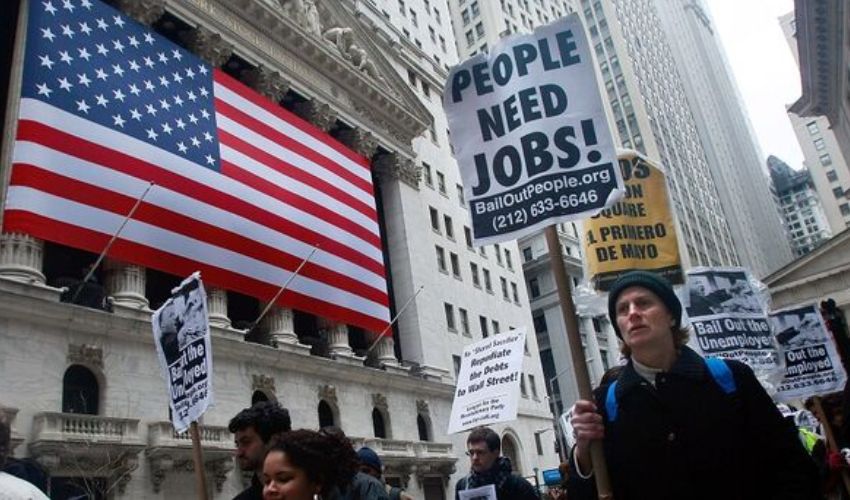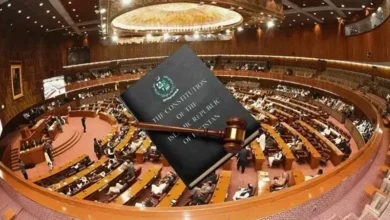WASHINGTON: President-elect Donald Trump has vowed to end birthright citizenship, a move that would redefine U.S. immigration policy and alter the meaning of American citizenship. However, this controversial proposal is expected to face significant legal and constitutional challenges.
Birthright citizenship, enshrined in the 14th Amendment, automatically grants U.S. citizenship to anyone born on American soil, regardless of their parents’ immigration status. Trump argues the policy is being abused and incentivizes “birth tourism” and unauthorized immigration.
What Trump Has Proposed
Trump recently reiterated his plan during an interview on NBC’s Meet the Press, stating he would seek to end birthright citizenship “because it’s ridiculous.” While he did not detail the method, Trump has previously suggested using an executive order to mandate that at least one parent must be a U.S. citizen or lawful permanent resident for their child to acquire automatic citizenship.
In 2023, he elaborated on his plan, proposing to deny Social Security numbers, passports, and certain taxpayer-funded benefits to children born to unauthorized immigrants.
Legal Challenges Ahead
Experts argue that ending birthright citizenship through an executive order would violate the 14th Amendment. The amendment, ratified in 1868, guarantees citizenship to all persons born in the U.S. who are “subject to the jurisdiction thereof.”
“The law is clear that this cannot be undone by executive action,” said Alex Nowrasteh of the Cato Institute. He noted that Trump’s previous presidency saw no significant steps toward ending birthright citizenship, despite similar promises.
Legal scholars and advocates anticipate litigation if Trump attempts to bypass Congress. They argue that the Supreme Court’s 1898 decision in United States v. Wong Kim Ark firmly established that children born in the U.S., regardless of their parents’ status, are citizens.
However, some proponents of immigration restrictions contend the interpretation of “subject to the jurisdiction thereof” could be challenged, potentially limiting citizenship for children of unauthorized immigrants.
Broader Implications
Critics warn that repealing birthright citizenship could create a permanent underclass of people without legal status, complicating immigration enforcement and undermining assimilation efforts. The Migration Policy Institute estimates that 5.5 million U.S.-born children live with at least one unauthorized immigrant parent.
“The policy promotes integration and prevents the creation of an illegal underclass,” Nowrasteh said.
Trump’s push to end birthright citizenship is likely to reignite a fierce debate over immigration and constitutional rights, setting the stage for legal battles and political controversies when he takes office.











